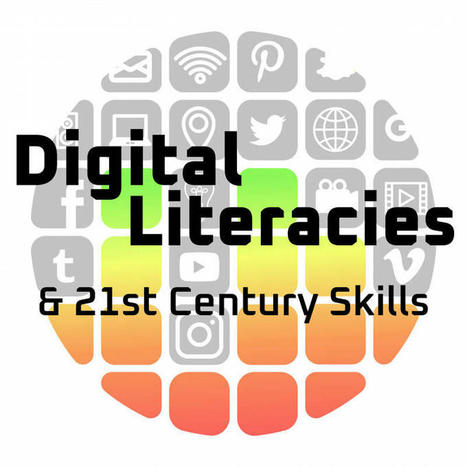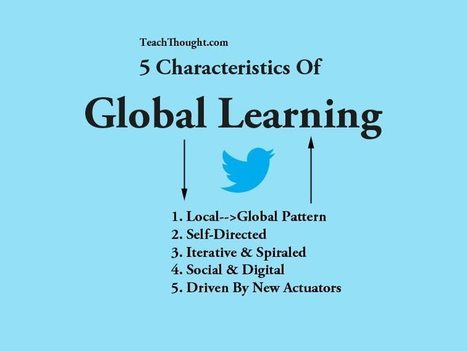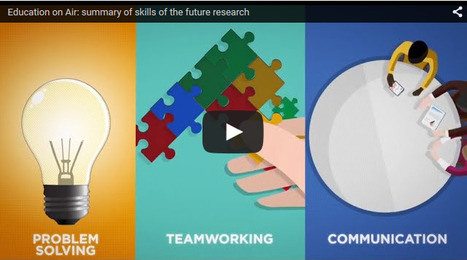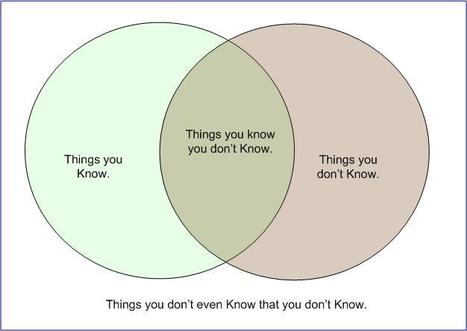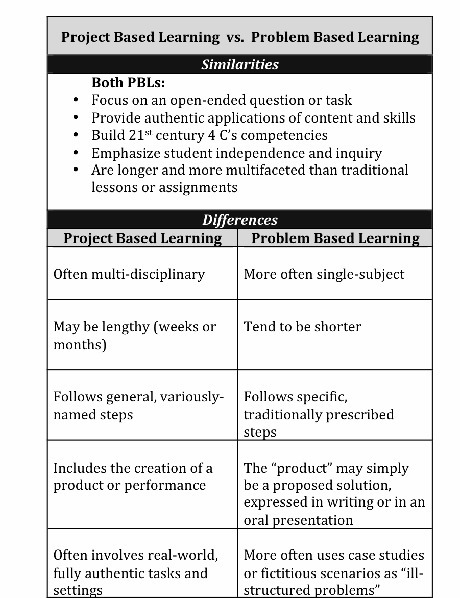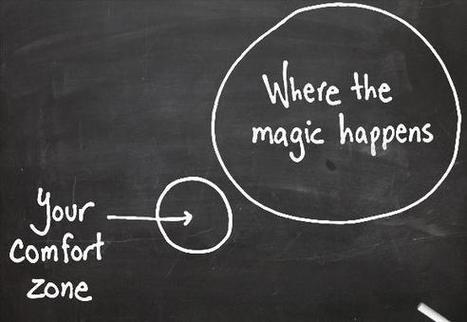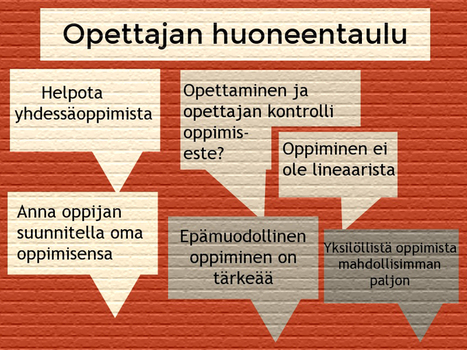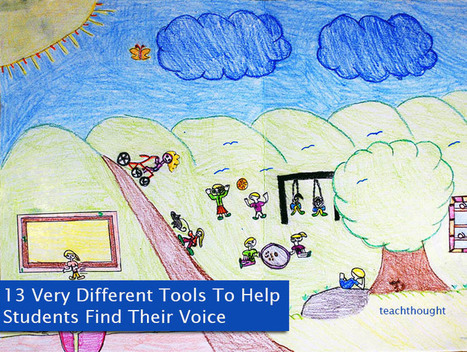by Felix Jacomino
As I prepare a presentation on 21st Century Skills, I find myself dealing with having to first be clear on what they are NOT. Only because for many, the term "21st Century" is synonymous with technology. In this post, I won't get into the details of why it's not.
What I would like to share is my realization that terrible times lie ahead for bad teachers. Conversely, there has never been a more exciting time for a good educator than today and the near future!
In order to make a statement like that, I owe it to my readers to give my definition of each type of teacher.
Bad teachers:
Do not want to learn new things.
Have "the book" lead instruction and feel the need to always stick to it.
Are comfortable doing the same lessons (the same way) year after year.
Never step out of their comfort zone.
Live in their own bubble and do not see the need to live outside of it.
Only teach facts and assess the ability to memorize those facts ("Any teacher that can be replaced by a computer, deserves to be." -David Thornburg).
Design tests to be easily gradeable.
Think that all progress in education are "fads."
Do not learn new things... oops, I already wrote that! It bears repeating because SOOOO much can be learned from other colleagues!
Good teachers:
Care whether their students find the learning relative.
Are ALWAYS looking for new ways to engage their students.
Embrace quality professional development as often as they can.
Learn from and share with other educators.
Have gotten this far into this post and are nodding their heads ;-)
My hopes are that we QUICKLY get to the point where teachers who do not inspire and engage will be seen as employees who are simply not doing their jobs and be let go. Or, they may move to schools that don't "get it" (yet) and find a safe haven there for now. Either way, it's time for ALL teachers to pick a side. And yes, there's plenty of room on the "good side" for bad teachers to make the change. Here's hoping!
Via
Felix Jacomino,
John Rudkin



 Your new post is loading...
Your new post is loading...

